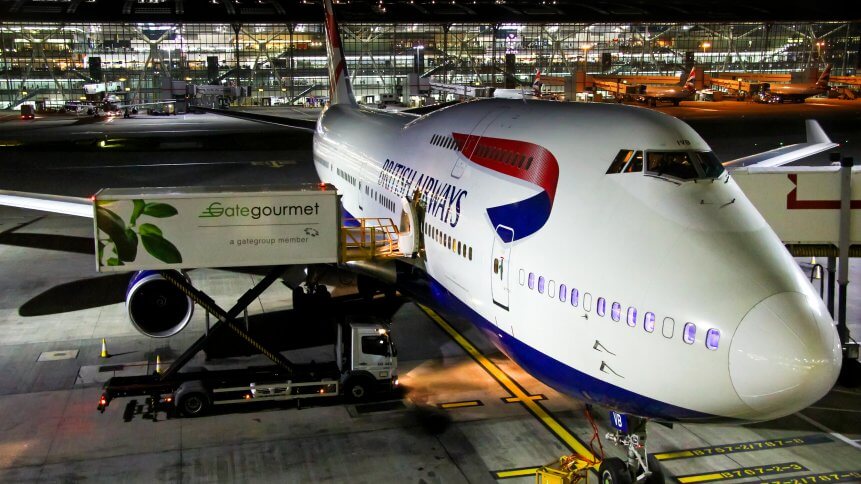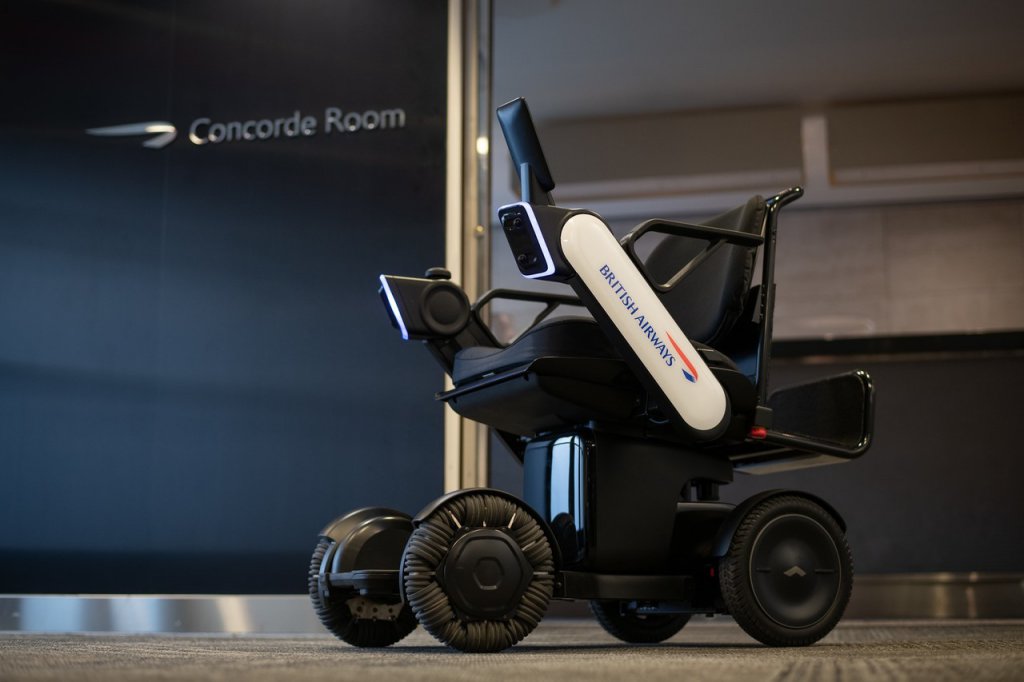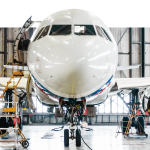British Airways trials autonomous vehicles at JFK Airport

UK flag-carrier British Airways has announced it’s trialing state-of-the-art, fully-autonomous electronic mobility devices at the John F. Kennedy Airport. This would help customers with hidden and visible disabilities to independently navigate the airport’s terminal freely.
This trial is the first of its kind in North America. The devices are extremely user-friendly: with just a tap, customers can decide on their destination, and explore airport grounds at their leisure.
Fully equipped with anti-collision technology, the devices allow customers to navigate busy airport terminals safely. The goal is to keep customers occupied during transmit, hence, there is no cap on how many times customers can change their destination on their way to the boarding gate.
They are also fuss-free: upon arrival at the boarding gate, the device will self-drive back to docking stations, ready to be used by the next customer.
Aside from granting customers independence and making air travel less stressful for people with disabilities, the usage of autonomous mobility devices can also ease the workload of airport staff —currently, there is an airport support crew dedicated solely to escorting customers on their journey from check-in directly to the boarding gate.
According to Ricardo Vidal, British Airways’ Head of Innovation, the initiative to use autonomous mobility devices is part of their British Airway’s initiative to encourage customers with disabilities to travel.
“We hear our customers, and what they want is greater independence and control over their airport journey”. Over the next few months, British Airways also plans to trial the autonomous vehicles at its hub in Heathrow.
“We are gathering more feedback and will explore this technology with our customer service team to create a seamless experience […] we are keen on seeing our customers experience mobility technology.”

British Airways trials state-of-the-art, fully autonomous vehicles at JFK Airport. Source: British Airways
Apart from this, British Airways has also backed various initiatives that aim to make traveling easy for customers with disabilities. While the investments are hefty, it has proven to be worth it.
Since the airline created its specialist accessibility team to support customers through their journey, customer satisfaction from travelers with accessibility needs has more than doubled.
The APAC region has yet to see such autonomous mobile devices roaming around airports, but it’s ready. Diverse deployment of unmanned vehicles in industry at scale will rely on sensible and flexible regulation — that said, driverless vehicles are being deployed. China, for example, already has autonomous vehicles cruising down the streets to deliver groceries in an effort to mitigate risks of contracting coronavirus.
Singapore, too, is making great strides in the industry; the western part of the city-state is now being used as a large-scale testing ground for autonomous vehicles. The economic potential for this industry is great. Allow innovators space to ‘play around’ with the technology, and it will only be a matter of time before driverless vehicles become a common sight.









